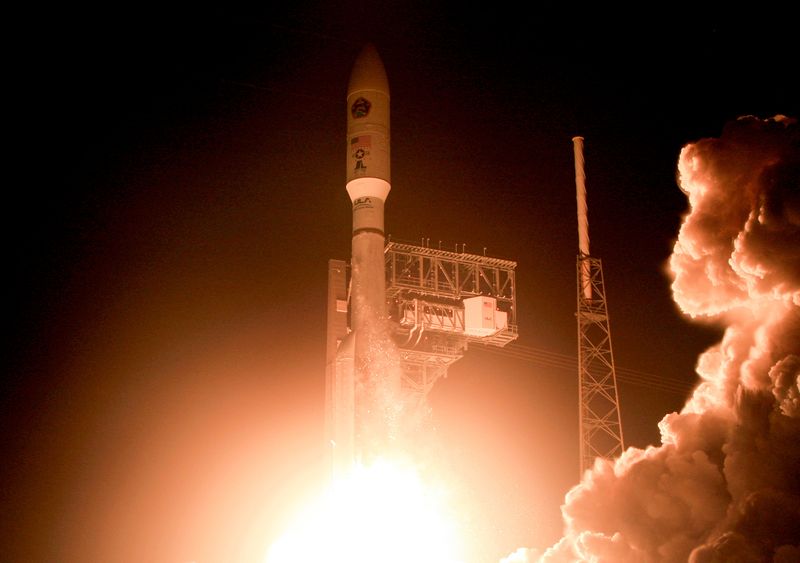US to review regulations to deal with growing space debris
2 min read
08/05/2022 – 19:56
WASHINGTON (Reuters) – A U.S. government agency said on Friday it will begin a review of rules on space debris disposal and other issues such as satellite refueling and repair of probes and spacecraft in orbit as more satellites pile up in Earth’s orbit.
“We believe the new space age requires new rules,” Federal Communications Commission (FCC) Chair Jessica Rosenworcel said after the decision, adding that the current rules were “largely made for another era.”
He said the FCC “needs to ensure our rules are prepared for the proliferation of satellites in orbit and new operations at our higher altitudes.”
The FCC also plans to “search for new ways to clean up orbital debris. After all, there are thousands of cubic tons of debris in space,” Jessica added. The FCC will also review “the feasibility of orbital debris disposal and remediation activities that provide improved opportunities for the orbital debris environment.”
“The FCC is asking questions about (Isam) maintenance, assembly and fabrication, which includes repairing and refueling satellites and assembling entirely new systems in orbit,” Rosenworcel said.
This process will address efforts to transform materials through space fabrication and the needs of the ISAM spectrum.
“The FCC is the only agency that licenses all commercial spaceflight that reaches the United States,” said FCC Commissioner Jeffrey Starks.
“With that power comes the responsibility to understand the missions we authorize and to create a supportive regulatory environment that opens new doors and still protects against new risks.”
Starks said, “This process will help us create a record that we need to fully understand emerging ISAM technologies, their spectrum requirements (and) debris impacts.”
The FCC said ISLAM has the potential to “develop entire industries, create new jobs, mitigate climate change, and advance America’s economic, scientific, technological, and national security interests.”
The FCC is already moving to update its satellite rules and has already adopted new rules to help satellite launch companies gain access to spectrum for transmissions “from space launch vehicles during space launch testing and launch operations.”
In November, the company granted Nanorocks LLC an experimental license to interact with an experimental component attached to the second stage of SpaceX’s Falcon 9 launch vehicle to “demonstrate cutting metal in space.”
(by David Shepherdson)

“Communicator. Award-winning creator. Certified twitter geek. Music ninja. General web evangelist.”





